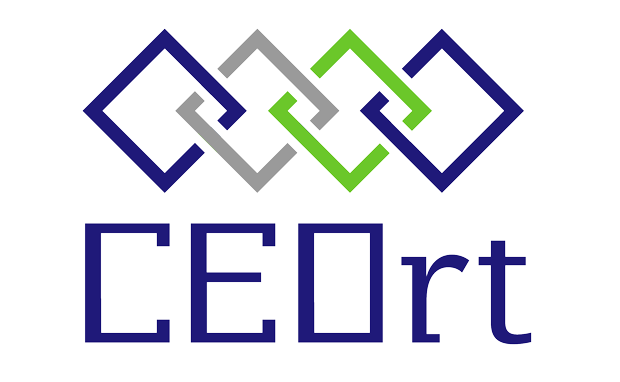On June 8, Tanzania, Kenya, Uganda and Rwanda tabled budgets which had divergent tax structures; some were similar but others were different, such as Value Added Tax (VAT) and excise duties.
Leaders of Strathmore Business School (SBS) have raised concern over the recently tabled budgets for East African member countries with different tax structures, indicating that there is still an uphill task for fast tracking the East African Community (EAC) to a higher stage of co-operation.
Addressing the press before addressing the CEO Roundtable in Dar es Salaam on Tuesday, the SBS leaders said that each EAC member state has protected her economic interests, maintaining a gap in terms of setting different tax structures, contrary to their vision of establishing a common market.
On June 8, Tanzania, Kenya, Uganda and Rwanda tabled budgets which had divergent tax structures; some were similar but others were different, such as Value Added Tax (VAT) and excise duties.
SBS Dean Dr George Njenga said that there is a still a tendency of EAC member states to run closed economies rather than opening up their economies for stronger EAC integration.
“We must put our differences far apart in order to consolidate EAC integration. East African countries must open up their borders,” said Dr Njenga.


